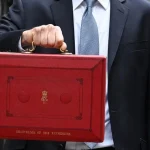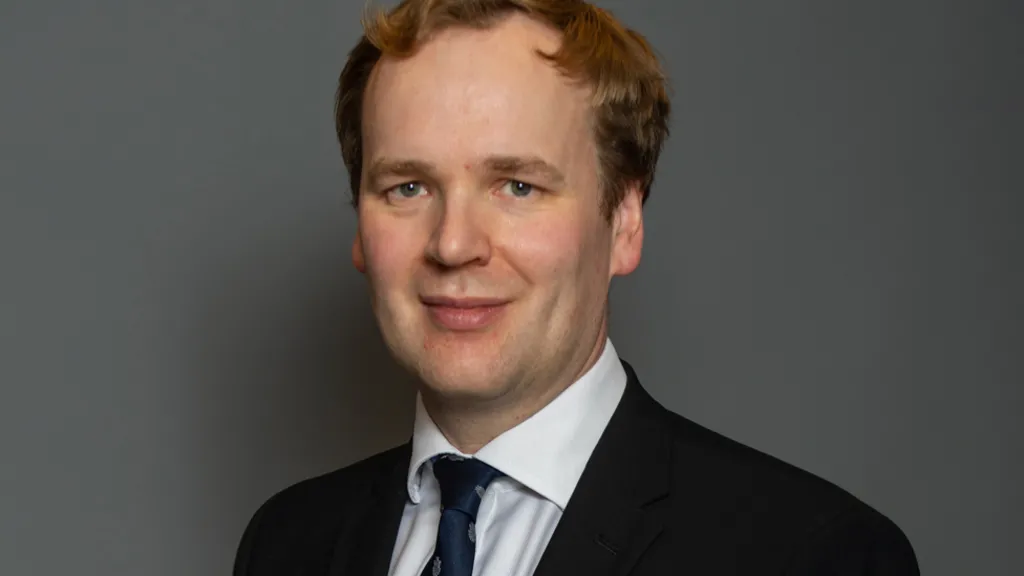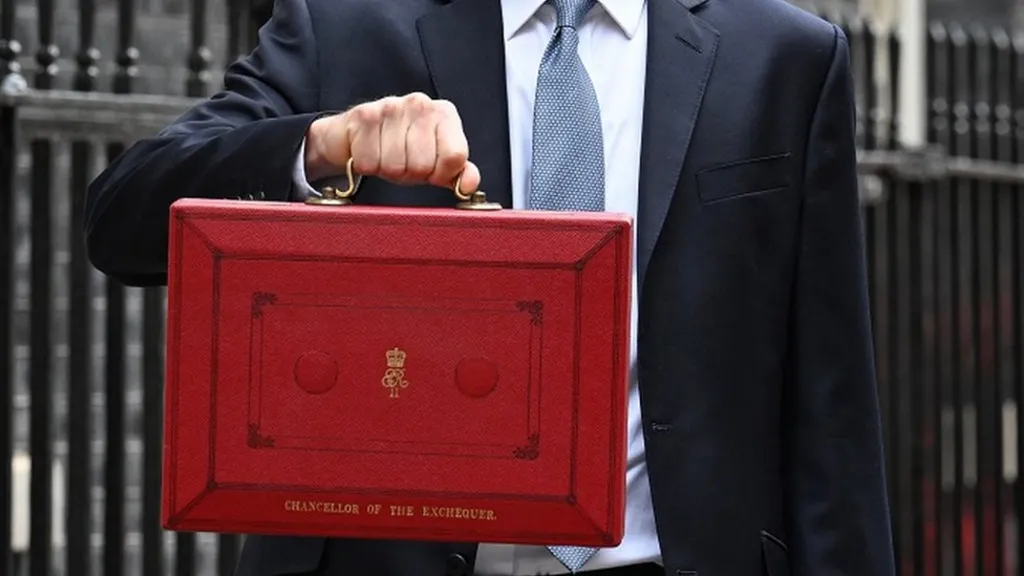He told the paper the individual had “compromising things on me” and apologised to those affected.
It follows reports at least 12 men in political circles received unsolicited WhatsApp messages.
Some had been sent naked images and two MPs are reported to have responded by sending images of themselves.
The men are reported to include a government minister, advisers and political journalists based at Westminster.
One former MP has told the BBC he was targeted by someone calling themselves “Charlie”, who claimed – wrongly – that he had previously worked for Mr Wragg.
BBC News has also seen messages sent from the same number to a political journalist.
The BBC has attempted to contact Mr Wragg for comment.
The incident has raised concerns about MPs’ security and the dangers of so-called “spearphishing” attacks, which use emails or messages to obtain an individual’s sensitive information.
Leicestershire Police say they were investigating one of the cases, after it was reported to them last month.
The Conservatives’ whips office – which upholds party discipline – said it could not comment while there was an ongoing police investigation.
Mr Wragg, the vice-chairman of the 1922 committee of backbench Tory MPs, said he had sent intimate pictures of himself to a man he met on gay dating app Grindr.
“They had compromising things on me. They wouldn’t leave me alone.
“They would ask for people. I gave them some numbers, not all of them. I told him to stop. He’s manipulated me and now I’ve hurt other people.
“I got chatting to a guy on an app and we exchanged pictures. We were meant to meet up for drinks, but then didn’t. Then he started asking for numbers of people. I was worried because he had stuff on me. He gave me a WhatsApp number, which doesn’t work now.
“I’ve hurt people by being weak. I was scared. I’m mortified. I’m so sorry that my weakness has caused other people hurt.”
Mr Wragg became an MP for the Greater Manchester constituency of Hazel Grove in 2015.
In 2022, he announced he would not be running in the next election.
Speaking after his interview with The Times, a former MP who had been targeted by messages from “Charlie” said Mr Wragg’s involvement had come as a shock.
“M first reaction is that I feel awful for him. He’s a friend, my heart goes out to him and I certainly don’t hold any ill-will towards him. I want him to know that.”
On Thursday, the former MP, who is gay, told the BBC he was first contacted via WhatsApp on the evening of 11 March.
The message was from a number he did not recognise from someone calling themselves Charlie who claimed to remember them from their time working in Parliament.
“The last part of that message was ‘Westminster misses you…’ and that was basically something that friends usually do say anyway to make me feel better,” he told BBC News.
“I was starting to feel bad actually. I was embarrassed thinking I’m speaking to someone who knows who I am and I’m trying desperately not to come across as rude.”
The next message said: “I’ve just become single so I’m hanging out with the Westminster gays.”
The former MP explained he was in a relationship but further flirtatious messages followed.
After “Charlie” sent an explicit image, the former MP blocked him.
But it was only after he read a story on the news website Politico that he realised he had been the subject of what appears to be a coordinated scam.
“My heart did start racing because I thought everything you’re saying from the start, from the name of the individual, the familiarity, this is too close to be just a coincidence,” the former MP told the BBC.
BBC News has seen messages sent from the same number also from someone calling themselves “Charlie” to a political journalist.
These messages also talk about the recipient being “missed” around Westminster and asking whether the journalist is still single or not.
Conservative MP Bob Seely said he had “great sympathy” for Mr Wragg.
He told BBC Newsnight that the incident is “not the first”, adding: “I’m afraid this is part of a modern political life, whether it’s honeytraps, cyber-attacks or phishing of some kind or other.”
A Parliamentary spokesperson said: “Parliament takes security extremely seriously and works closely with government in response to such incidents.
“We provide members and staff with tailored advice, making them aware of security risks and how to manage their digital safety. We are encouraging anyone affected who has concerns to contact the Parliamentary Security Department.”











